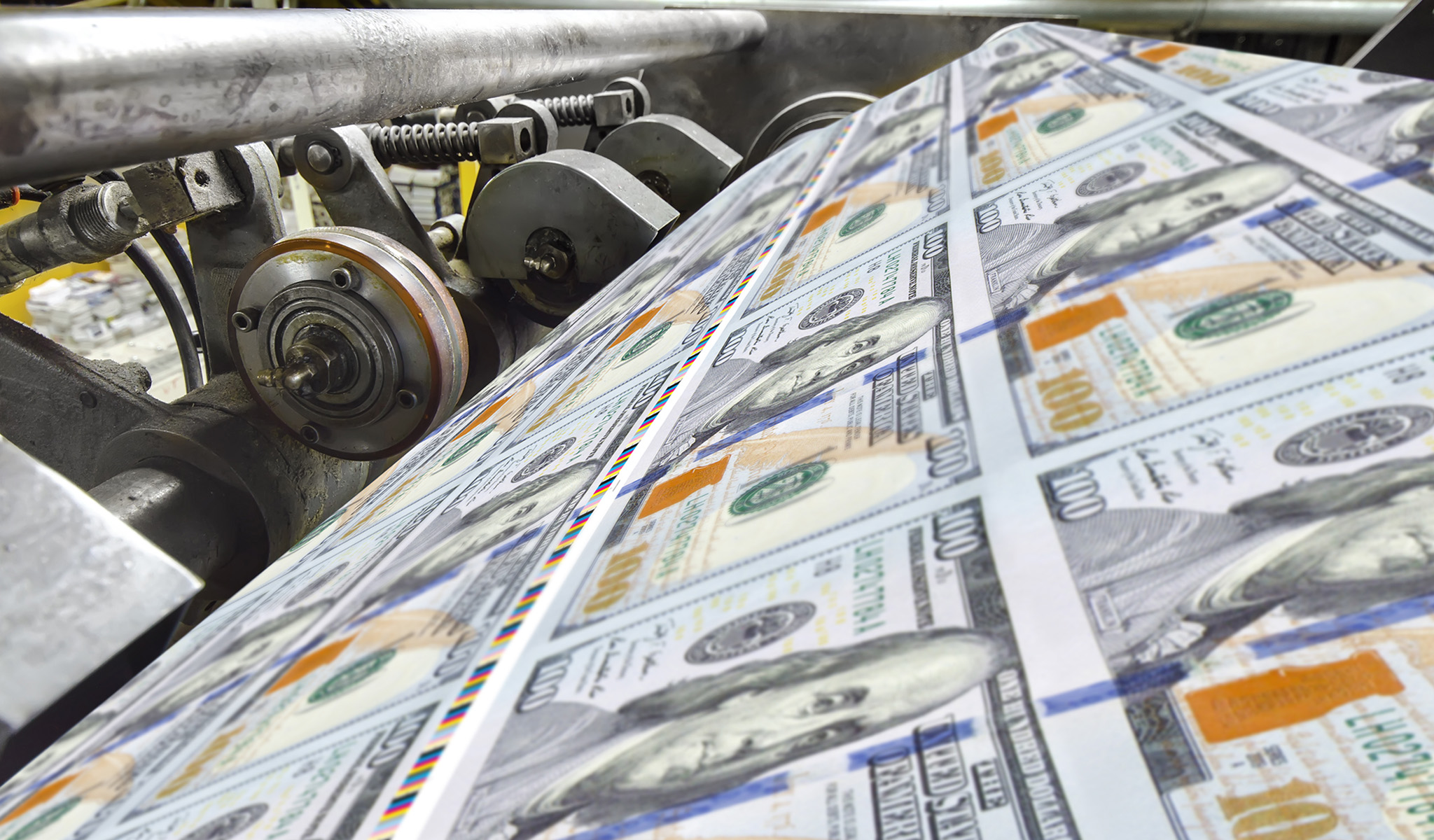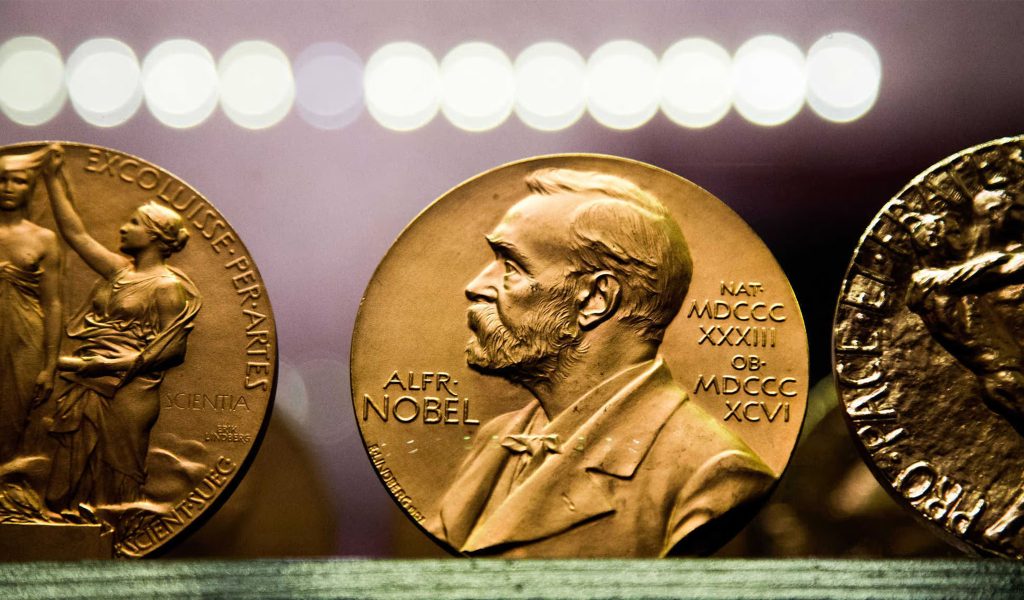“Drunk on credit.” This is James Grant’s new/old take on problems in the economy.
To make his decades-long case, Grant looks back to 1974 and .10 cent beer night at a Cleveland Indians game. Apparently hospitalization for some followed the cheap beer offered by Indians’ management, not to mention all sorts of drunken action by a majority that didn’t require hospitalization. Grant sees .10 cent beer as a metaphor for the allegedly cheap credit decreed for decades by the Fed. But for a little problem.
Unlike Indians management back in 1974, government has no resources. This is worth remembering owing to the simple truth that no one buys, sells, borrows, or lends “money.” All money movements signal the movement of goods, services, and labor, and government produces none of the three.
Which means that even if the Fed were to put up signs outside its various U.S. branches that announce “easy, zero cost credit,” it could only do so by massively shrinking credit provided by actual market players. Lest anyone forget, no one borrows money as much as they borrow what money can be exchanged for. Assuming the Fed capable of providing credit costlessly, it could only do so insofar as the vast majority of us would go completely without it. Scarcity is a byword for price controls.
Which is telling, given the credit environment of the last several decades that has so profoundly soured Grant’s view of the U.S. economy, and well beyond. Grant yet again claims the rest of us are drunk on credit, like the attendees to .10 cent beer night. The insult is an implied suggestion that markets are rather stupid.
It insinuates that “easy credit” isn’t a market condition, rather it’s something decreed by central bankers. Which is puzzling, and Grant surely knows why. Central planning failed in impoverished, murderous fashion in the 20th century, yet the perma-bear in Grant relentlessly claims the Fed and other central banks continue to control the most important price in the world (other than perhaps the dollar), while routinely evading the guillotine of discredit? No chance. In other words, rising prosperity around the world and abundant prosperity stateside on their own thoroughly discredit the “easy money” thesis.
“Easy money” care of governments implies a lack of market forces in a world where markets always powerfully speak. How else to explain Grant’s belief that untethered by gold standards (more on them in a bit), governments “print” money with abandon and provide it in near-costless fashion? Not acknowledged by Grant is that if governments (or central banks like the Fed that are government creations) could do as he imagines, then the dollar wouldn’t circulate.
Seriously, who among us with actual resources on offer (whether goods, services, or labor) would actively exchange them for money that central banks are allegedly providing costlessly, and in unlimited amounts? And it’s not just those with resources to bring to markets. Translated, who would borrow money rendered costless by central banks? The answer is no one, and that’s because borrowing signals a desire for market goods, services and labor that no purveyor of any of the three would accept in return for randomly printed anything.
Considering savers and investors, the genius of compound interest is well-established as one of the wonders of the world, only for Grant to imply that small minds with last names like Bernanke, Yellen and Powell can run roughshod over it. Once again, no chance. No one with title to money exchangeable for actual resources would hand it over for free.
Contra Grant credit isn’t decreed, it’s produced. His insulting description of a “drunk on credit” economy is actually an unwitting compliment from the famously sour pundit: credit is abundant and at increasingly low costs precisely because abundance grows by the day, and with it unconsumed resources that are matched with producers eager to create even more abundance.
The scold in Grant believes this happy state of affairs would be reversed by the revitalization of a gold standard. Quite the opposite actually. The only limit to money in circulation isn’t stingy central bankers goaded on by dyspeptic pundits, rather it’s a lack of production. Precisely because the world’s currency (the dollar) lacks constancy that gold would provide, far more dollars than normal are stored in hard assets representing wealth that already exists over stock and bond income streams representing the creation of wealth that doesn’t yet exist.
In other words, and assuming Grant gets his way about a gold standard, the latter would, if possible, render Grant even more unhappy than he already is. Good money is booming credit personified precisely because it would facilitate exponentially more investment in the future over inflation hedging engaged in out of fear of the future.
Republished from RealClear Markets





